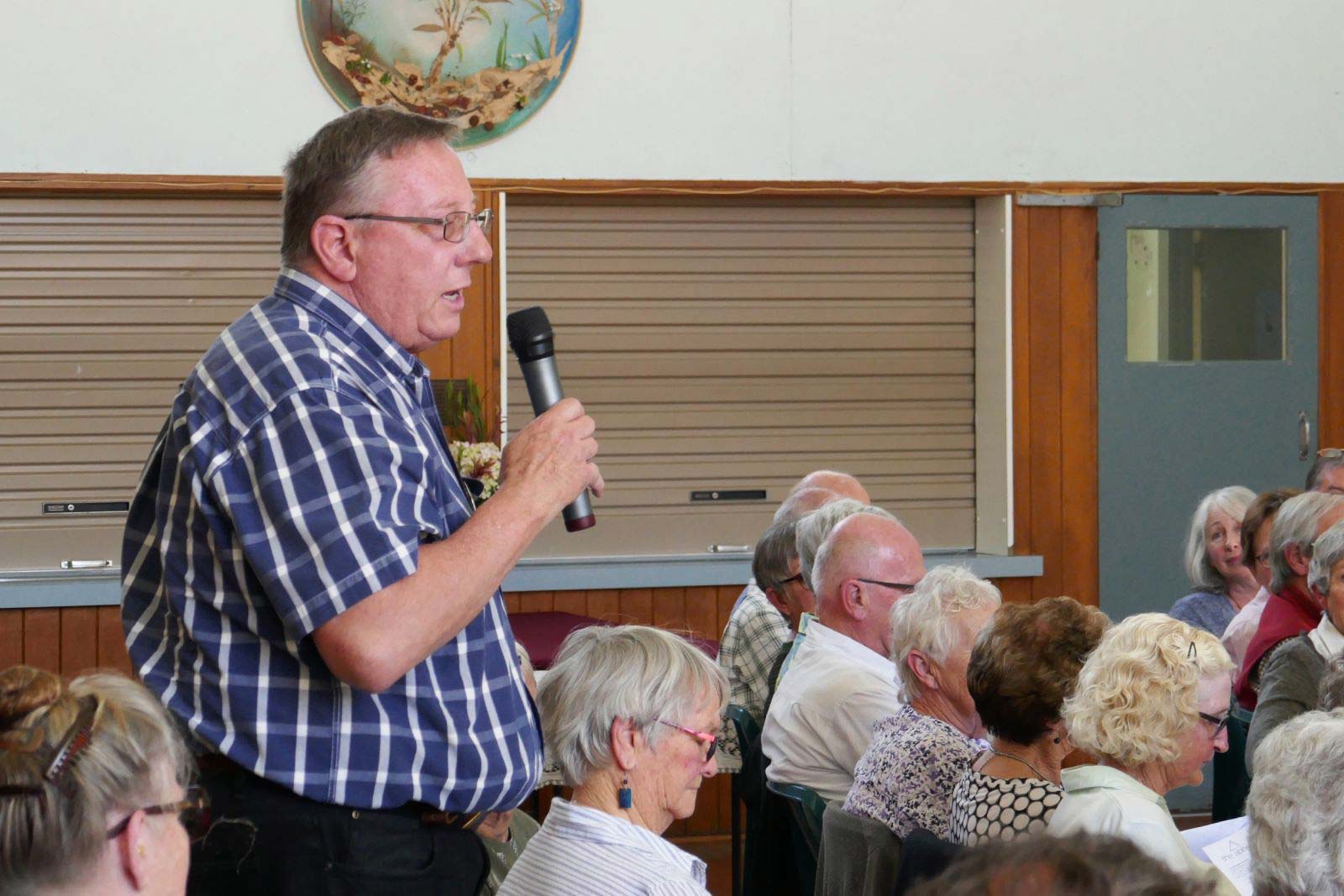Within the Catholic Church, the term ‘Ecumenism’ refers to efforts of different Christian Churches to develop closer relationships and develop better understandings of their shared faith.
While interfaith dialogue is the means of co-operation with those people of Non-Christian religions.
Ecumenical activities and interfaith dialogues are encouraged in the Diocese of Sale.

The Sale Diocese Ecumenism Commission (SDEC) was established as directed under the Pontifical Council for Promoting Christian Unity, to encourage various initiatives in the diocese.
The SDEC services include:
The Sale Diocese Ecumenism Commission is currently undergoing restructuring. The Chairman of the Commission (Very Rev Dean Peter Bickley) and Secretary of the Commission (Deacon Mark Kelly) remain the Diocesan delegates on the Victorian Council of Churches.
From time to time Ecumenical events are held in the Diocese, see Events for any upcoming opportunities.
For more information on SDEC, please contact Deacon Mark Kelly on 0427748646.
The Victorian Council of Churches (VCC) is a fellowship of churches which confess the Lord Jesus Christ as God and Saviour according to the Scriptures and seek to fulfil together their common calling to the glory of the one God, Father, Son and Holy Spirit.
The VCC’s main functions include:
For more information, please visit the Victorian Council of Churches website.
The National Council of Churches in Australia (NCCA) is an ecumenical organisation in charge of bringing together Australia's Christian churches in dialogue and practical cooperation.
The NCCA collaborates with state ecumenical councils around the country. In association with the World Council of Churches, the NCCA is a member of the Christian Conference of Asia and a partner of other national ecumenical bodies throughout the world.
For more information, please visit the National Council of Churches website.
It is more than 50 years since Nostra Aetate, Vatican II’s Declaration on the Relation of the Church to Non-Christian Religions was published and transformed positively the Church’s attitude to believers from other religions.
Since this time further teaching documents have been published and statements have been made which encourage dialogue between Catholics and people of Non-Christian religions.
“Interreligious dialogue is a meeting of people of differing religions, in an atmosphere of freedom and openness, in order to listen to the other, to try to understand that person’s religion, and hopefully to seek possibilities of collaboration. It is hoped that the other partner will reciprocate, because dialogue should be marked by a two-way and not a one-way movement.”
The expressions “interreligious relations” and “interfaith relations” are often used interchangeably with interreligious dialogue.
The Pontifical Council for Interreligious Dialogue is responsible for guiding this dialogue work at the Vatican level.
In Australia, the Bishop’s Commission Christian Unity and Inter-religious Dialogue works to educate and form people for dialogue with believers from other religions though the Secretariat for Church Life.
On a practical level, in 1984 the Secretariat for Non-Christians published The Attitude of the Church toward the Followers of Other Religions: Reflections and Orientations on Dialogue and Mission, known by the abbreviated title Dialogue and Mission.
Among other things, this document introduced the four forms of dialogue:
All members of the Catholic Church are called to build relations with believers from other religions. Each is to do it in his or her own way, according to their state in life, in response to the shared call to mission.
Following one or more of the four forms of interreligious dialogue (mentioned above) - dialogue of life, dialogue of action, dialogue of theological exchange and dialogue of religious experience – can open many possibilities.
Here are a few suggestions:
There are many other ways of building relations with people of other faiths. Be open to be guided by the Spirit who is constantly inspiring and animating all people towards harmony in diversity in accord with God’s plan.
Source: Extract from ‘Nostra Aetate Declaration on the Relation of the Church to Non-Christian Religions Anniversary Reflections’ by The Australian Catholic Bishops Conference 2015
Faith Communities of Victoria is Victoria’s umbrella multi-faith body. Through their website you can access information about local interfaith networks and events in your area.